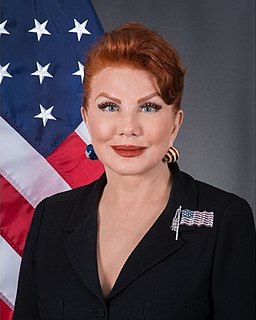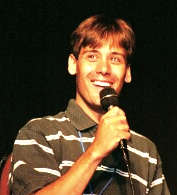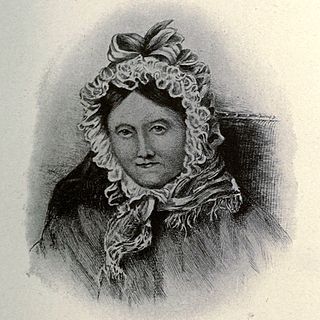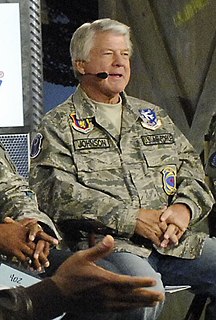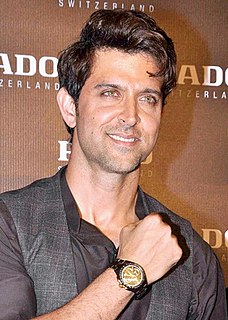A Quote by Shigeru Miyamoto
I think what's really the most ideal thing is for the player themselves, within their own imagination, to carve out what they view as being the essence of the character.
Related Quotes
I think you should identify with your character, but plenty of people like themselves and hate themselves. You just have to find out what's truthful for the person you're playing. When people talk about that, I think what they're saying is that as an actor, as Peter, you don't want to make a judgment that comes from your worldview about the character. Your judgments should be coming from the place of the character, and within that space, sure, you could love or hate yourself or whatever you think is most appropriate.
Once there is a certain degree of Presence, of still and alert attention in human beings' perceptions, they can sense the divine life essence, the one indwelling consciousness or spirit in every creature, every life-form, recognize it as one with their own essence and so love it as themselves. Until this happens, however, most humans see only the outer forms, unaware of the inner essence, just as they are unaware of their own essence and identify only with their own physical and psychological form.
One of the great things about the longer you do a character, the more the writers start to understand your kind of character ticks and things that you like to do. The most exciting thing I think for a writer is when the characters just start speaking for themselves. You sit down at your keyboard and just stuff starts jumping out of their mouths. They just sort of wrote the scripts for themselves.
Henry Corbin creates the world - most of all his examination of the imagination and what the imagination was for him. Some philosophers would think of the imagination as a synthetic ability, how you put different things together. Artists more think of the imagination as creativity. So I really like the way that he presents the imagination as a faculty that allows one to experience worlds that are not exactly physical but are real nonetheless.
I feel really strongly about not wanting to overly guide the reader about what he or she should think. I really trust the reader to know for themselves and not to need too much. You have your own imagination, your own experiences, your own feelings, and a novel wants ultimately to ask questions. It doesn't assert anything, or shouldn't, I think.








